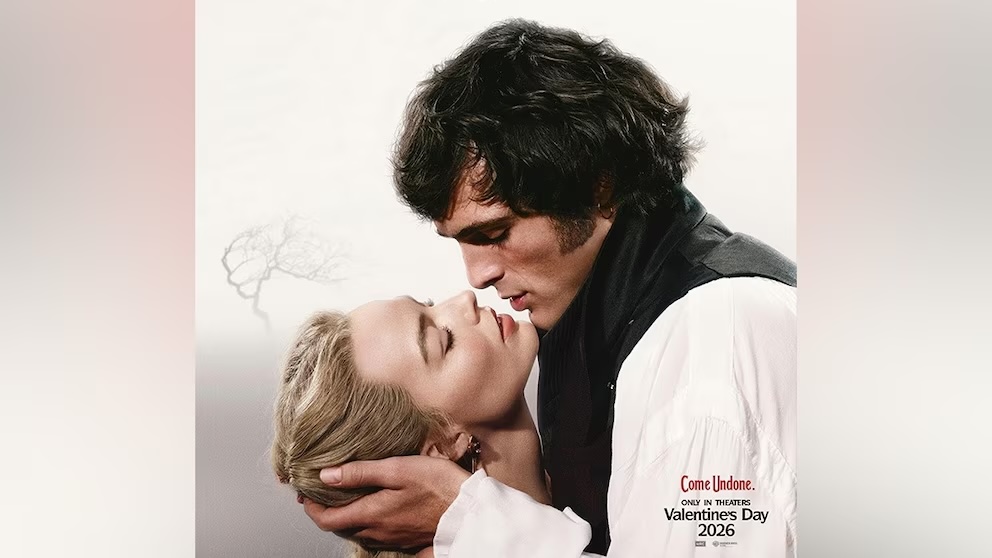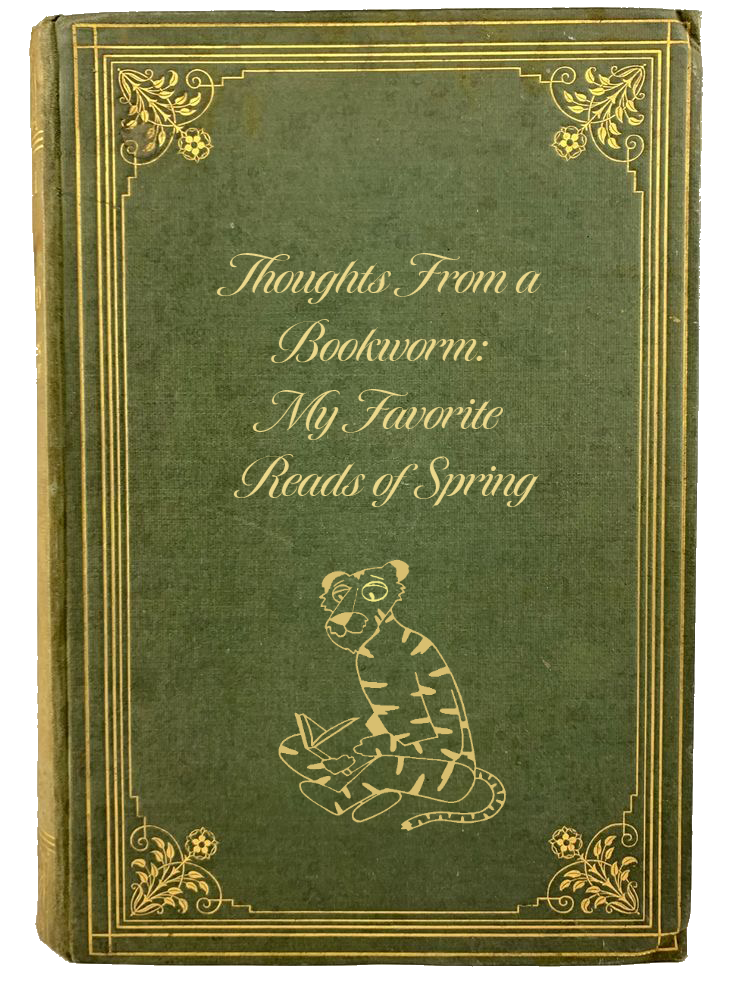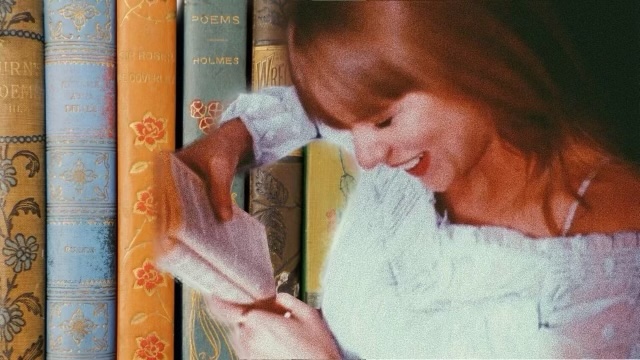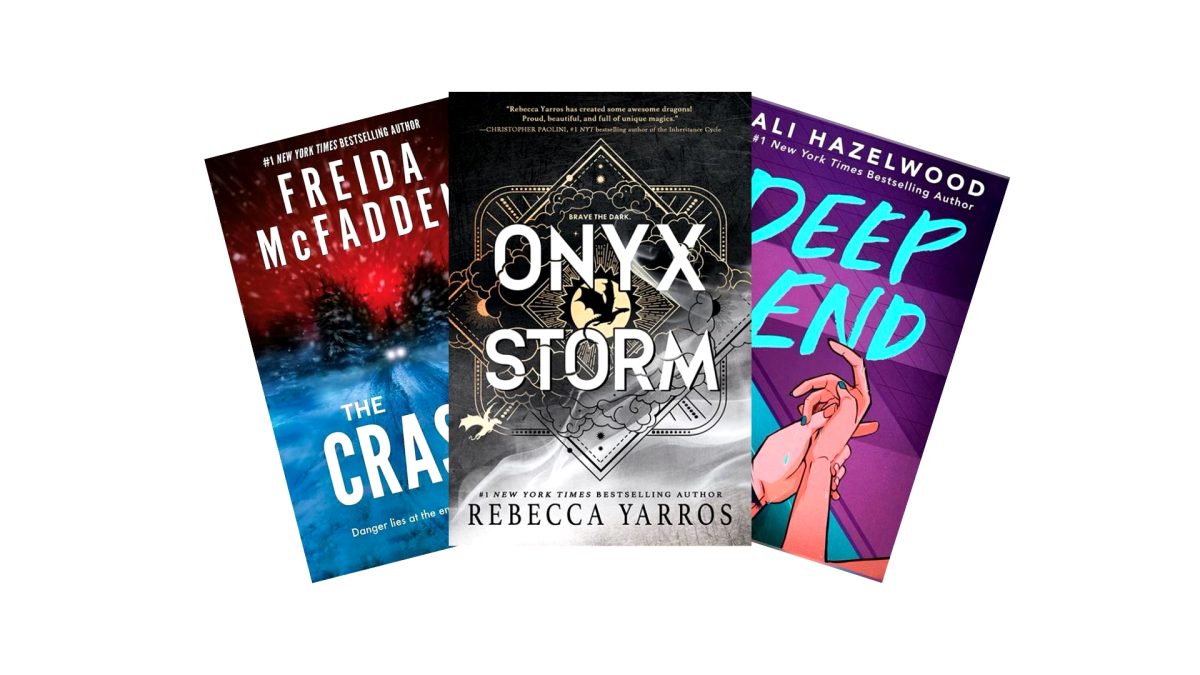In early September, viewers had their first look at Emerald Fennell’s adaptation of Emily Bronte’s novel “Wuthering Heights”, drawing intense controversy and criticism. It was apparent, even from the minutes-long preview, that the Academy Award winner’s take on the classic novel differed dramatically from the source material.
From the upcoming film’s casting, soundtrack choices and intense sexuality, Fennell’s take on Bronte’s novel goes beyond taking artistic liberties and disrespects the foundations of the iconic, brilliant classic.
Bronte’s 1847 gothic novel centers around the tortured, intensely in-love Heathcliff and Catherine Earnshaw, who are kept apart by social and economic class. After facing abuse from Earnshaw’s brother and witnessing her marry another man in the name of social status, Heathcliff harbours deep hatred and resentment towards the Earnshaw family. In the midst of his obsession with revenge, he falls more and more into insanity. The story unfolds in an iconic English novel marked by a sense of regret and toxicity, as the main characters ruin not only each other’s lives, but the lives of so many others.
The first red flag of Fennell’s upcoming adaptation was the casting of Jacob Elordi as Heathcliff, which many scholars and readers of the source material view as whitewashing Bronte’s main character. In the novel, while Heathcliff’s ethnicity is never specified, Bronte makes it clear that he is not white.
This aspect is crucial to the actual plot of the 1847 novel. It is intertwined with the abuse Heathcliff received as a young charge on the Earnshaw estate, and is directly related to the portrayed “impossibility” from the Earnshaws at the thought of Heathcliff and Cathy’s marriage. Without including this intentional detail of Heathcliff’s character, it is a drastically different story; Heathcliff’s descent into madness and his ruinous decisions lack such an important historical and social context.
Fennell’s casting decision denies significant, intentional complexity set by Bronte and whitewashes the entire production. While past adaptations — like Andrea Arnold’s 2011 version — have portrayed Heathcliff more accurately as a person of color, Fennell has proven that accurate representation and faithfulness to the author’s original complexities are not a priority in her work.
While the trailer appears to suggest that the film will maintain the tone of obsession found in the original novel, it is presented in the trailer that Fennell’s film is an intensely sexual elaboration of Bronte’s novel. Ambiguous tones of sexuality and illicit attractions are present in the 1847 novel. From the trailer, Fennell’s adaptation appears to be void of the realistic subtleties and ambiguous transgressions of limits that made Bronte’s novel so ambitious and captivating for her 1800s audience.
Fennell has ignored the context of the novel and Bronte’s intentions in the name of marketability. It is unrealistic and frankly, a directing cop-out for Fennell: instead of trying to portray Bronte’s intricate work at least semi-accurately, Fennell returns to the sexuality that has marked her previous film, “Saltburn.”
While the whitewashing casting choice and overly sexualized aspects of the adaptation were teased to viewers, a remix of Charli XCX’s “Everything is romantic” played in the background, a song featuring lyrics such as “bad tattoos on leather tanned skin.” With so many options at her disposal, Fennell chose Charli XCX, known more for her upbeat club music than lyricism, to create the film’s original soundtrack. Although many of Charli’s songs are fun, artfully chaotic and a perfect soundtrack for a night out, her music style and lyricism do no justice to the actual plot presented in the novel.
If Fennell wanted to create a club-music-filled, hyper-sexual dark romance centering around two white main characters, why not create an original film? Why adapt the iconic literary work if she could not respect fundamental aspects of the plot and the tone Bronte set for her story?
Hopefully, upon the film’s release, Fennell will prove the concerns and criticisms of many scholars and readers wrong, but for now, the 2026 film appears to be a whitewashed, hyper-sexual, drastically inaccurate take on the novel, disrespecting Bronte’s artistic intentions.










